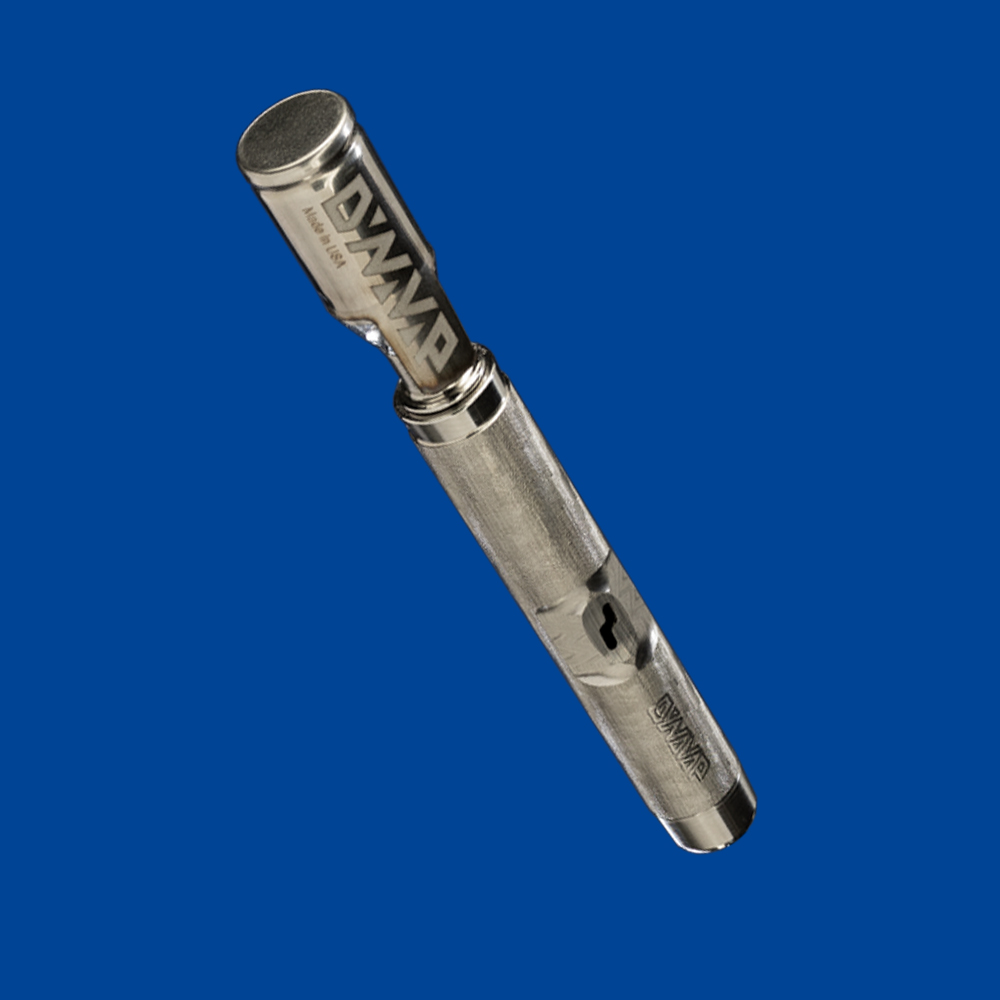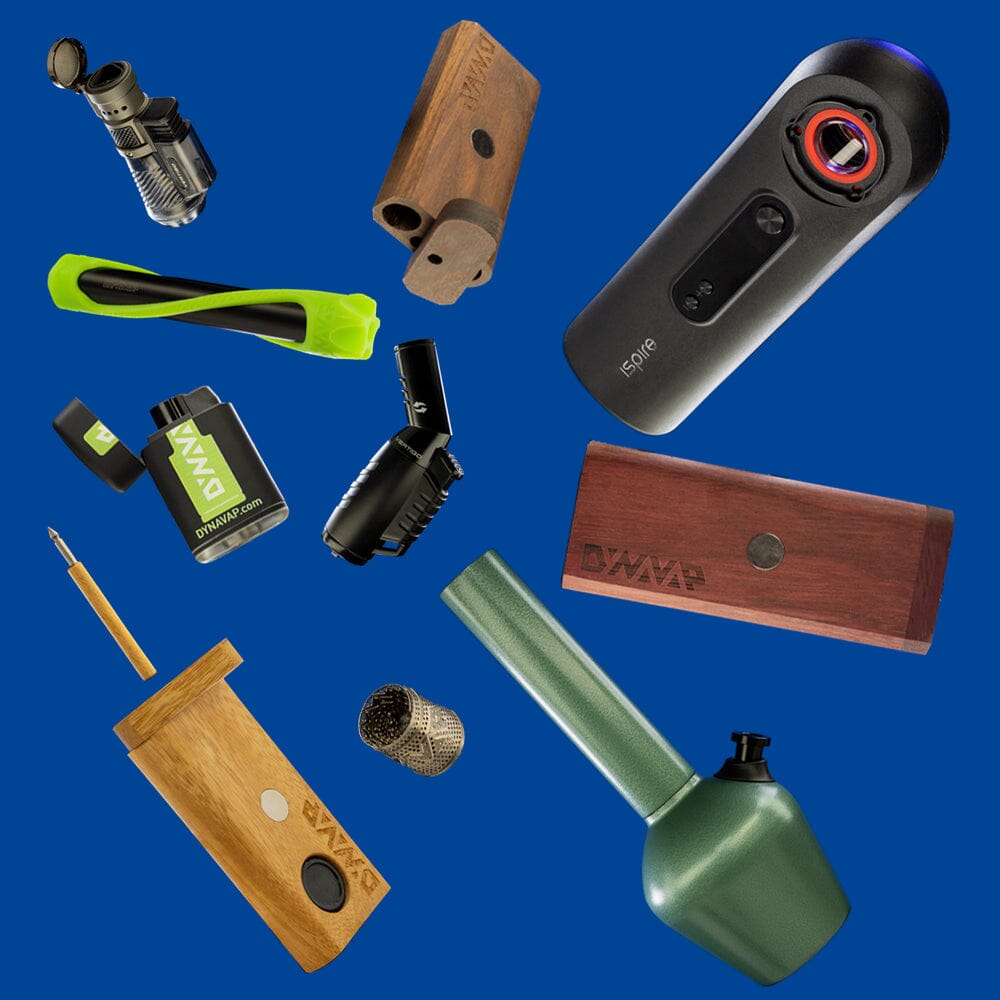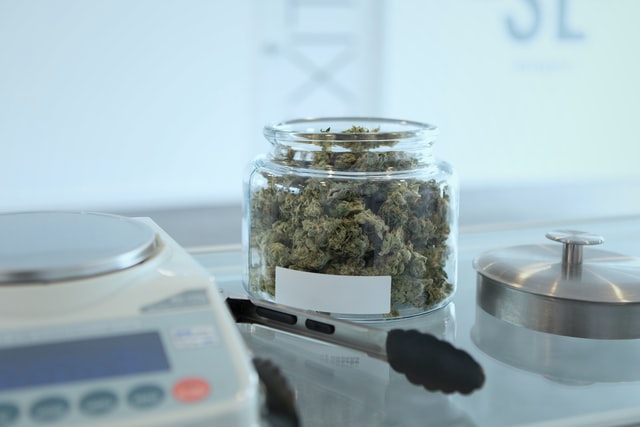Even though conflicts between state and federal laws still exist, the march toward marijuana legalization in the United States continues. The drug is still illegal at the federal level, but some state laws have changed. At least 18 states have already legalized the recreational use of cannabis, while another 13 states have decriminalized it. There are different regulations for medical use for treating conditions like mental illness than for recreational purposes.
It's worth understanding the distinction between recreational and medical marijuana and their benefits. Let's break down medical and recreational marijuana and what you need to know about it.
What Is Recreational Marijuana?
For the purposes of legal distinction, recreational marijuana is considered a non-medical but legal use of cannabis. Residents in states that have legalized recreational cannabis do not have to have a qualifying medical condition to purchase or enjoy cannabis, they simply must be of age.
What Is Medical Marijuana?
Medical marijuana is marijuana that has been processed by the state and sold through a licensed dispensary for use in treating an approved condition. Marijuana only becomes 'medical' once it undergoes the state-mandated process. Individuals must get a recommendation from a physician before they can acquire a cannabis card for medical marijuana treatment.
Medical vs. Recreational: User Intent
The purpose of the product is the main difference. Recreational and medicinal marijuana users shop based on their needs. Recreational users focus more on leisure and the psychoactive effects of THC. Medical marijuana patients are interested in the product for medical purposes, the effects of terpenes and how they provide relief.
Harvard researchers suggest that the difference between medical and recreational weed comes down entirely to user intent. Is someone trying to get high just for fun or do they want to alleviate a symptom?
Medical vs. Recreational: Quality of Product
Medicinal cannabis and recreational cannabis have different compounds and concentrations. There are some general differences between the two. Let's break it down:
Medical Cannabis Has More CBD
Medicinal users may purchase cannabis strains or products that have higher levels of cannabidiol (CBD). CBD-dominant strains often offer more tame psychoactive effects, allowing for more symptom relief to take center stage.
While there is still ongoing research on cannabidiol and its benefits, we do know that CBD offers a few perks that help with medical conditions.
- Support Pain Relief - Current research suggests that CBD can potentially offer pain relief support. Some studies suggest Kath CBD can help to reduce chronic pain by targeting the endocannabinoid receptors, reducing inflammation while encouraging and interacting with neurotransmitters.
- Support Mental Health - Anxiety is a common mental health disorder that can have a massive impact on our day-to-day life. While often treated through pharmaceuticals, some inspiring studies suggest that CBD shows promise in treating anxiety disorders. A Brazilian study compared a placebo with oral CBD, noting that the latter group was significantly more relaxed.
- Improved Sleep - CBD calms inflammation while encouraging rest and relaxation. When combined with THC in cannabis products, the cannabinoids work together to create something known as the entourage effect. Along with a host of terpenes, THC and CBD can work in concert to help support better rest for medical users.
Recreational Marijuana Has More THC Content
While THC is the most well-known compound in cannabis, it is far from the only one. Recreational marijuana products often have higher levels of the psychoactive compound and give the classic 'high' feeling.
THC-dominant strains aren't the sole province of recreational users, they are also ideal for the treatment of chronic pain. However, high levels of THC can cause anxiety in sensitive users.
Price Difference Between Recreational and Medicinal
Due to stringent laws surrounding cannabis sales, recreational products are also priced significantly higher than medical cannabis products. Recreational cannabis products are also taxed higher than their medical counterparts.
Other Benefits of a Medical Marijuana Card
To enjoy medical cannabis, consider speaking with a qualified physician to see if you qualify for a medical card. A medical card gives you some benefits the average cannabis user doesn't have.
- Product Discounts - Many dispensaries and online retailers offer sharp discounts to support medical patients.
- Avoid High Taxes - Illinois, as an example, taxes cannabis products through an excise tax, bringing the tax up to 30% at some dispensaries in the state. Save more than a third of your cannabis cost every year through a medical card.
- Larger Quantities - Medical cards also allow shoppers to purchase more products per day to ensure that their relief needs are met.
Medical vs. Recreational: Accessibility
Accessing medicinal cannabis requires the diagnosis of a condition and purchase of a medicinal card. States will vary regarding cost and qualifying conditions, though almost all states will require card renewals every one-to-three years.
Carefully controlled, medical cannabis can only be acquired from a state-licensed dispensary. Approved conditions will vary from one state to the next, so be sure to discuss medicinal purposes with your primary care physician before applying for a medical cannabis card.
A few commonly approved debilitating conditions:
- Autism
- Cancer
- Chronic Pain
- Crohn's Disease
- Migraines
- Nuropathy
- Arthritis
*Posted by the State of Illinois
Recreational sale can only occur in legal states without implications. Recreational cannabis can be purchased from state-licensed dispensaries with nothing more than a valid I.D. showing 21 years or older. The amount of weed users can purchase per day is limited for recreational purposes.






